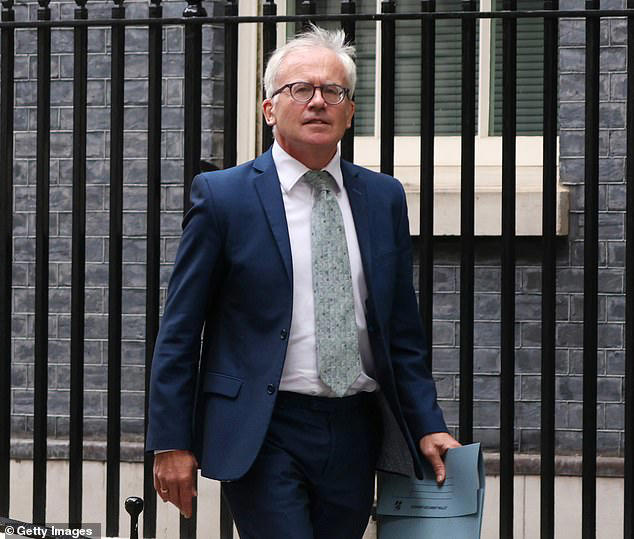Market News
Era of 'massive' house price rises might be OVER, says OBR chief - DAILY MAIL
Story by James Tapsfield, Political Editor For Mailonline and John-paul Ford Rojas Associate City
The era of 'massive' house price rises might be drawing to a close, according to a Treasury watchdog chief.
Professor David Miles, a senior economist at the Office for Budget Responsibility, said the forces that have been driving the extraordinary surge since the 1990s are likely to be 'weaker' in the next 40 years.
In a speech, he pointed to slowing population growth and an increase in remote working as reasons why there will be less upwards pressure.


Prof Miles - a former member of the Bank of England's Monetary Policy Committee - said: 'If anything, this unusual age of massive rises of house prices may be nearing an end.'
He added: 'Those forces driving them up are going to be much weaker I suspect, in the next 40 years than they have been in the past 40 years.'
The OBR's economic outlook in March predicted that house prices will fall by around 10 per cent from their level at the end of 2022.
The watchdog suggested that the cost-of-living crisis and higher interest rates will contribute to lower prices.
Mr Miles is a former BoE rate-setter who in 2004 led a Government review of the mortgage market.
Mr Bailey, appearing before MPs on the Treasury committee, was quizzed on the impact of the Bank's quantitative easing (QE) policy – buying hundreds of billions of pounds worth in bonds to stimulate the economy – in driving up asset prices.
But he said the period during which the house price to income ratio – a measure of affordability – rose most was the ten years before 2007, prior to QE.
'That was the period when it rose most substantially,' he said. 'It hasn't done the same thing since then.'
Rising property prices have made getting on the housing ladder increasingly unaffordable.
ONS research showed people could expect to spend four times their earnings on a home in England and Wales in 1997. That had risen to eight times in 2016.
It has since ballooned to a ratio of 9.2, making buying a house the least affordable it has been since Victorian times, according to analysis of official data published earlier this year by Leeds Building Society.
More recently the cost of living squeeze and soaring interest rates have put the brakes on the housing market – with prices expected to fall this year.









